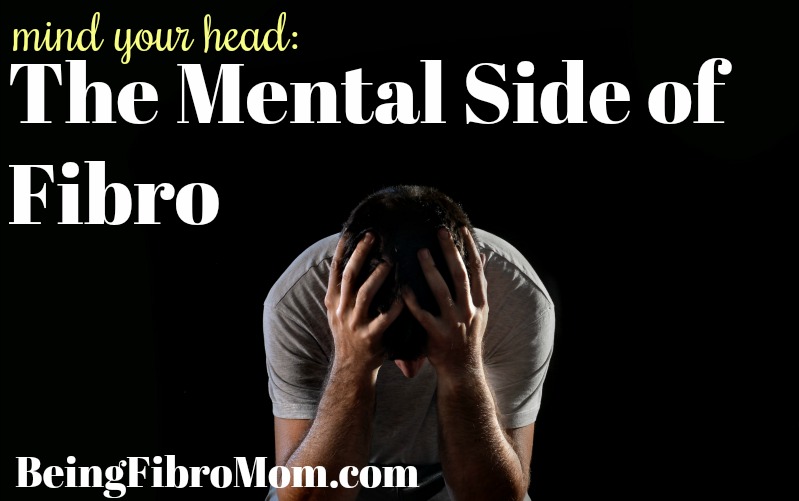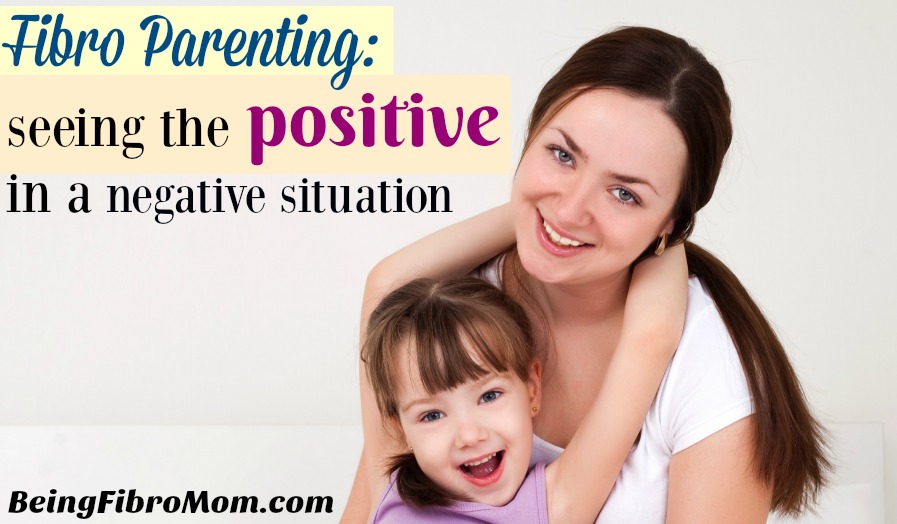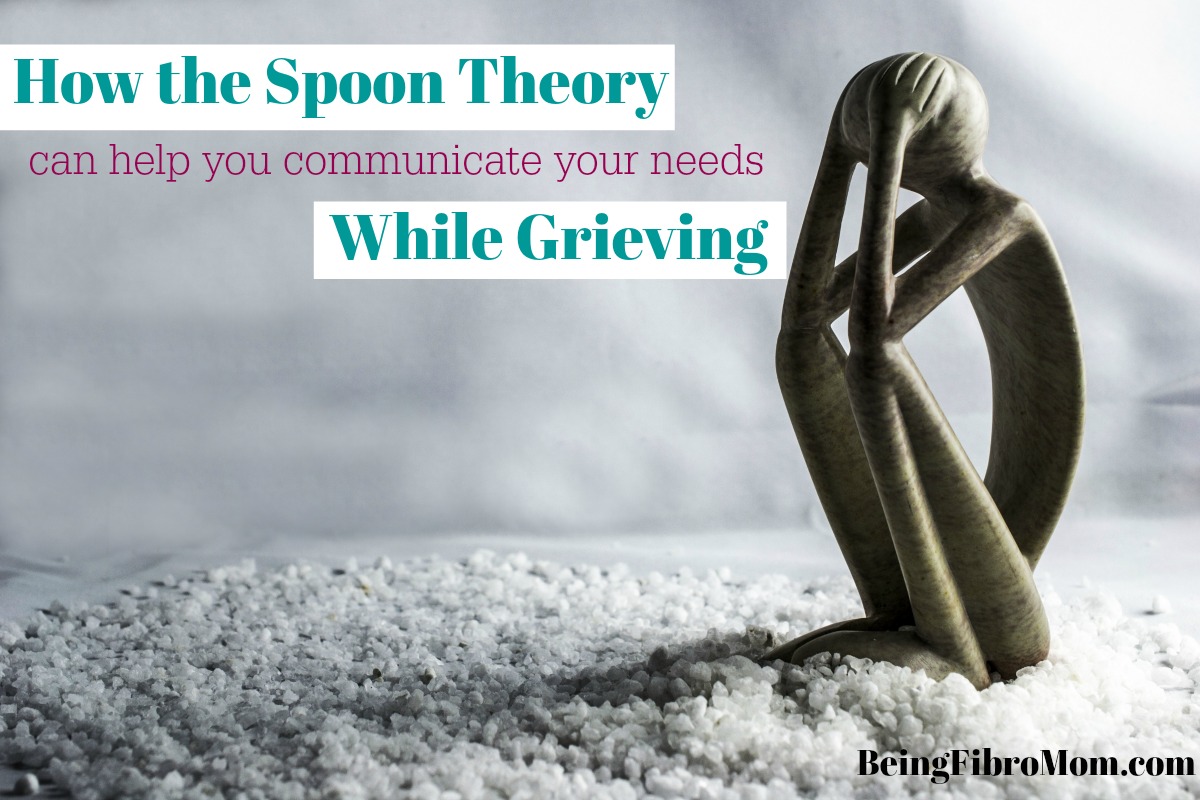Living day to day with physical pain will be accompanied with loneliness, guilt, anger, and other negative feelings. Even though we cannot help being in physical pain, there are ways we can face that pain and address it for what it is. Learning to cope with the negative feelings of chronic pain is essential in living with chronic pain. Find out how Sarah Shockley’s book, The Pain Companion, can help you along the way.
Scroll down for an excerpt of The Pain Companion.

Learning to cope with the negative feelings of #chronic pain. #thepaincompanion #fibromyalgia #fibrobooks Share on X
This post contains affiliate links which means, at NO extra costs to you, I earn a commission from any purchases made. For further details, please read my full disclosure policy.
This product was given to me in exchange for a review. As always, the review is in no way influenced by the author, Sarah Ann Shockley, and all opinions are my own and honest.
Living with the Physical Pain
Dealing with physical pain day in and day out is so exhausting. It becomes the focus of my day, and it seems as though all my energy is poured into dealing with it. This leaves little time or energy to focus on other areas of my life. Of course, some days are better than others, as with anything in life, but the accumulation of these days full of pain takes a toll on my body in more than just a physical aspect.
The Negative Feelings Hurt, Too
Physical pain always, always leads to other feelings, and those feelings are not so pretty. Some days the pain brings me to my knees leaving me sad and crying ‘why me’. At other times it leaves me feeling angry and shouting at the world, ‘why me’.
It sounds sick to say, but there are times when I blame myself for the pain. That in some crazy, twisted way that I could have prevented the inevitable pain somehow. I have no idea what triggered my life of chronic pain or what caused me to have daily chronic pain, but yet I still blame myself. If only I was better….knew more…tried harder.

And then the blame turns to guilt. Guilty my kids can’t have a better, more fun mom. Guilty my parents and sister don’t have a more reliable daughter and sister to pick up the slack when family needs the help. But the biggest guilt of all? My husband caring for a sick wife rather than celebrating life’s moments. Even writing that sentence hurts and seeing it in black and white is emotional and filled with guilt.
Then the sadness and anger and blame and guilt push me so far away that I find myself isolated and lonely in a place where I feel powerless and scared. I feel as though all hope has been abandoned and there’s no place to turn for help.
Confronting the Pain and Negative Feelings
Sarah Anne Shockley knows all too well the feelings of hurt, anger, blame and others. After developing thoracic outlet syndrome (TOS) in the fall of 2007, she lived in a constant state of pain. She, too, experienced all those negative feelings that accompany physical pain, but she took it a step further.
Click here for The Pain Companion on Amazon.

In her book, The Pain Companion: Everyday Wisdom for Living with and Moving Beyond Chronic Pain, Sarah addresses the pain head-on. She strips the pain down to its core and addresses it for what it is, and then confronts each of the negative feelings separately, in its own way. This technique removes power from the pain and negativity while allowing the body to fully absorb and process each feeling.
Learning to Cope with the Negative Feelings
With each chapter dedicated to a separate feeling and how to cope with it, I was able to recognize the feeling and learn how to cope with it at my own pace. I learned just how far I’ve pushed myself away from others while dealing with new health issues. It was at the point I was more lonely and isolated than I realized. This is not healthy and only gives the pain more power over my body preventing it from properly healing or finding any sort of relief.
I was able to see how scared I was about these unknown health issues, and how much it heightened my stress and anxiety levels. When reading about fear of the unknown, I took a moment to breathe and became attuned to my body. My heart was racing, my breathing was labored, and my head was spinning. Why? Because I had fear of the unknown. By the end of the chapter, I had learned techniques to face my fear and overcome it. I’m still practicing it each time I start to become fearful, but my stress and anxiety levels are much lower than they once were.

Guilt is a huge burden on me. So many of us living with chronic illness and pain knows what this is like. Sarah puts this guilt into perspective and got me to thinking: I like to help others when they are in a time of need, so why not let others have those same feelings of wanting to help when I need it? My husband and I married in sickness and in health, so why have guilt about being sick when I have no control of it? I wouldn’t love him any less or feel as though he was a burden should he become ill, so why am I feeling guilt? My kids may not have a mom that is as physically active with them as their friends’ moms, but we spend time as a family in other ways than their friends’ families and there’s no guilt in that. It’s all a matter of perspective and how we choose to cope with it.
Understanding Others’ Pain
The Pain Companion was an emotional read, I will not hide that. While reading Sarah’s feelings about her pain and how she was processing all those negative feelings, I felt I was reading my own thoughts. I cried. A lot. It was seeing my pain in black and white and facing the reality I’ve been living for a long time. That’s a lot to process.
However, while the first part was emotional, the other parts were encouraging. I felt a renewed hope that I could live in pain and deal with the associated feelings of it in a more healthy way. That I could have the feelings of anger, guilt, and sadness without feeling powerless. I have the ability to move through the feelings because I was shown techniques to help cope with each of them. This gives the body a sense of hope to replace the hopelessness.
If your or someone you know is dealing with pain, I strongly recommend this book. The additional meditative approaches listed in the last part of the book will help you breathe through the physical pain, and cope with those other negative feelings.
My Dear Pain Letter
In each of the chapters of Part One, Sarah writes a letter to her pain. In one of the meditative approaches later in the book, she writes why these letters are important to coping with pain. I decided to write a letter to my pain while learning to cope, and I have shared it here.
Dear Pain,
Right now you scare me with your strong presence. I have no idea why you are here and why you stay for so long. The doctors cannot seem to find your source and this seems to give you more power. I despise you for that power.
You are everywhere in my body – settling in every bone, muscle, and body part. I cannot escape you. The days are filled with you and you will not go away no matter how much I pacify you. You’re like a child throwing a tantrum because you are not getting your way. I give and give to you, catering to what I think you need – rest, nutritional food – and yet you demand more. You are draining me. I have no more fight left in me.
Each night as I lie in bed with you, I think how I cannot go on another day with you in my life. I wonder how I will fight you tomorrow when I feel as though I have no more strength. The only place you do not live is in the beautiful peace of darkness – a place I am not ready to go.
I guess the only thing left to do is to accept you as a part of me. So, here’s my truce, Pain. I’m not going to fight with you any more. I understand you’re here to stay no matter the conditions, and I am accepting it. I ask for nothing in return. Maybe then I can find the strength to face each day, and maybe – just maybe – your source will be discovered and you will pacified enough to leave.
Anger, Blame and Chronic Pain: An Excerpt of The Pain Companion
While guilt and shame often stem from a belief in our own failings, anger and blame usually arise when we look outward and try to understand our situation from the standpoint of the people and circumstances that seem to have caused our problems.
When we’re not getting better, when we’re in pain and it is relentless, sooner or later we are going to get angry at someone or something.
We ask, Why me? How did this happen? Who or what is to blame for my misery? We look for the root so we can understand what happened. We think that if we can understand how it all came about, we can somehow undo it.
The trouble with this mindset is that the only way to answer these questions is to find something to blame: the job, the boss, the stresses of life, the other driver, the doctors who didn’t see it coming, air pollution, fatty foods, genetics, a traumatic childhood, our spouse, or anything else we can think of. We imagine that there is one thing, one starting point, one cause. If we can find it, we can heal.
At times, it is useful to pinpoint the onset of pain, such as when knowing exactly how an injury or illness happened can contribute to returning to wellness. But once that is found, it is no longer helpful to continually go over the history of an injury or ailment, the mistakes, or who was responsible for what.
No matter the real cause of your situation, at some point, you are also going to feel angry with yourself for having gotten into this situation, for making the choices that somehow led to this.
You can also build up resentment against yourself for not being able to get out of the fix you are in. It just seems to reflect badly on you as a person.
Of course, most people will say that they don’t think less of you because you are in pain or don’t consider you a bad person for being sick or injured. But you may.
On the inside, you feel awful about having to live in this situation and inflicting it on others. You can’t help it. It wears on you and can create a negative sense of self over time.
You will undoubtedly also feel angry at the pain because it is so insistent and so faceless, a force that can’t be bribed, cajoled, or bargained or reasoned with.
Anger is understandable, and it can be very healthy, but keeping it around because you need someone or something to blame, including yourself, only serves to keep pain in place.
Antidotes to Anger and Blame
Allow Your Anger, Then Use It for Fuel
There is nothing inherently wrong with feeling angry about what happened and what you are currently suffering. In fact, for people stuck in depression and sadness, anger can be a very liberating force.
Anger has a lot of energy in it. Rather than sitting still and feeling powerless, anger wants to move and change things, so it can be a very helpful emotion when harnessed for good. It can move people out of the doldrums and into positive action.
However, once you have gotten in touch with anger, you don’t want to stay in it. It’s not helpful to continuously feel angry and blaming, even if there is something specific to fault. It simply isn’t conducive to healing.
Anger that doesn’t move turns to bitterness. Use its energy to fuel your determination to recover, rather than let it eat away at you. Let it go and you are free to move on.
Leave the Past Where It Is
If it is important to you, spend the time you need to make a clear assessment of how your illness or injury came to be, then leave it alone. If the cause is uncertain or a complete mystery, then make the choice to leave it as a mystery for the time being.
Your energy and attention need to be on healing, not on who did or didn’t do something, or what exact circumstances were at fault. With the only exception being the times you may need to be involved in legal activities or a medical review, or if the cure lies in finding the exact cause, leave the past in the past.
The energy of blame is always looking backward, and you need to marshal your resources in the present so you can heal and have a better future.
Let Go of Resentments
I think of resentment as the quieter cousin of blame. Rather than accusing and pointing the finger, resentment seems to stem from a creeping and pervasive sense of unfairness.
I noticed that I sometimes felt resentful that I was injured through my employment, but my employer was able to carry on with life as usual. I resented his freedom and normalcy, while I had to live with pain and debilitation day in and day out as a result of working for him. I felt it was somehow unfair that he carried on relatively unscathed (except for some financial ramifications).
I resented having a doctor I had never seen before spend about thirty minutes with me and write a report that strongly influenced my disability settlement. I resented the way the workers’ compensation and disability system required me to keep re-proving my injury over and over again instead of actually supporting me to heal.
Keeping these feelings around wasn’t going to get me anywhere positive. I had to learn to notice them when they arose and then decide to just let them go. In the interests of your own well-being, I would recommend letting go of resentments against anyone involved who has hindered your healing or given you bad advice or seems to be unsupportive. You just don’t have the energy to waste on blame and resentment. Instead, use your energy for healing yourself.
Hold Everyone and Everything Blameless
As a second step to releasing resentments, decide to relieve everyone and everything of their burden of blame, including yourself, even if you feel blame is deserved.
This can be challenging because many of our legal and insurance systems can be very adversarial, bent on finding out who is to blame, and we speak of pain, illness, and injury as if they are enemies to be overcome. It is easy to fall into that pattern, but it really isn’t a useful strategy for healing.
The point isn’t whether or not you’re right and justified, which may well be the case. The point is that holding on to anger, blame, and resentment simply isn’t going to get you where you want to go.
Excerpted from the book The Pain Companion. Copyright ©2018 by Sarah Anne Shockley. Printed with permission from New World Library — www.newworldlibrary.com.
About the Author

Sarah Anne Shockley is the author of The Pain Companion. In the Fall of 2007, she contracted Thoracic Outlet Syndrome (TOS), which is a collapse of the area between the clavicles and first ribs, and has lived with debilitating nerve pain ever since. She has been a regular columnist for the Pain News Network and is a regular contributor to The Mighty, a 1.5 million–member online community for those living with chronic illness and pain. Visit her online at www.ThePainCompanion.com.
Related Articles




Thank you so much this topic is very close to my heart at the moment and momguilt is so bad especially during the summer when you’re trying to keep the kids happy and busy when off school. I’m also looking after my own mom with dementia for the next few weeks so am feeling particularly upset I’m not operating at 100% healtg and being negative. The article was great food for thought!
I’m so glad you found some help with it! I understand what you’re feeling and experiencing. It’s not easy to overcome the guilt associated with chronic illness, and each day we aren’t functioning at our ‘normal’ only deepens the guilt. I hope you’re able to find some way to cope and back on your feet again. Best of luck!